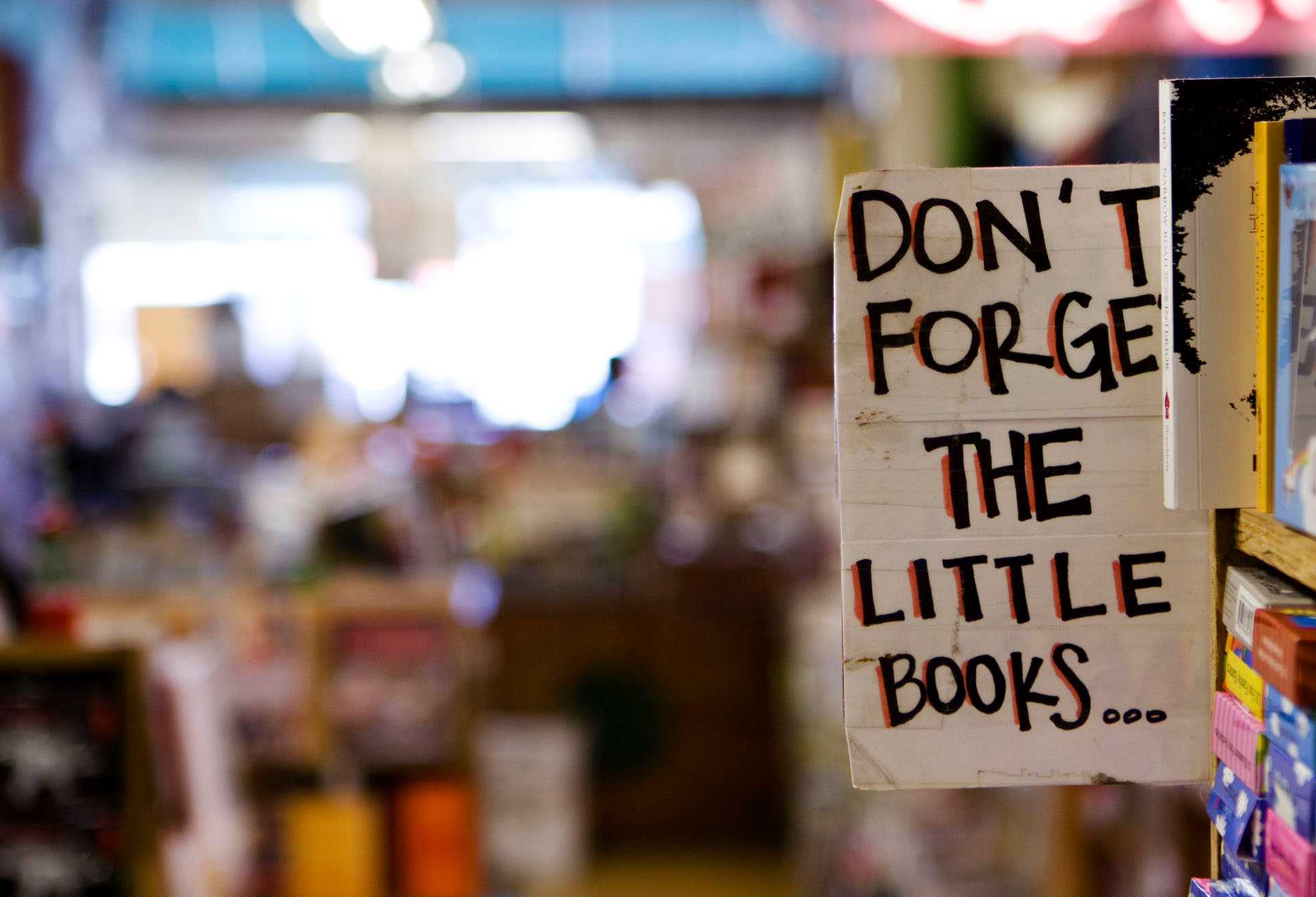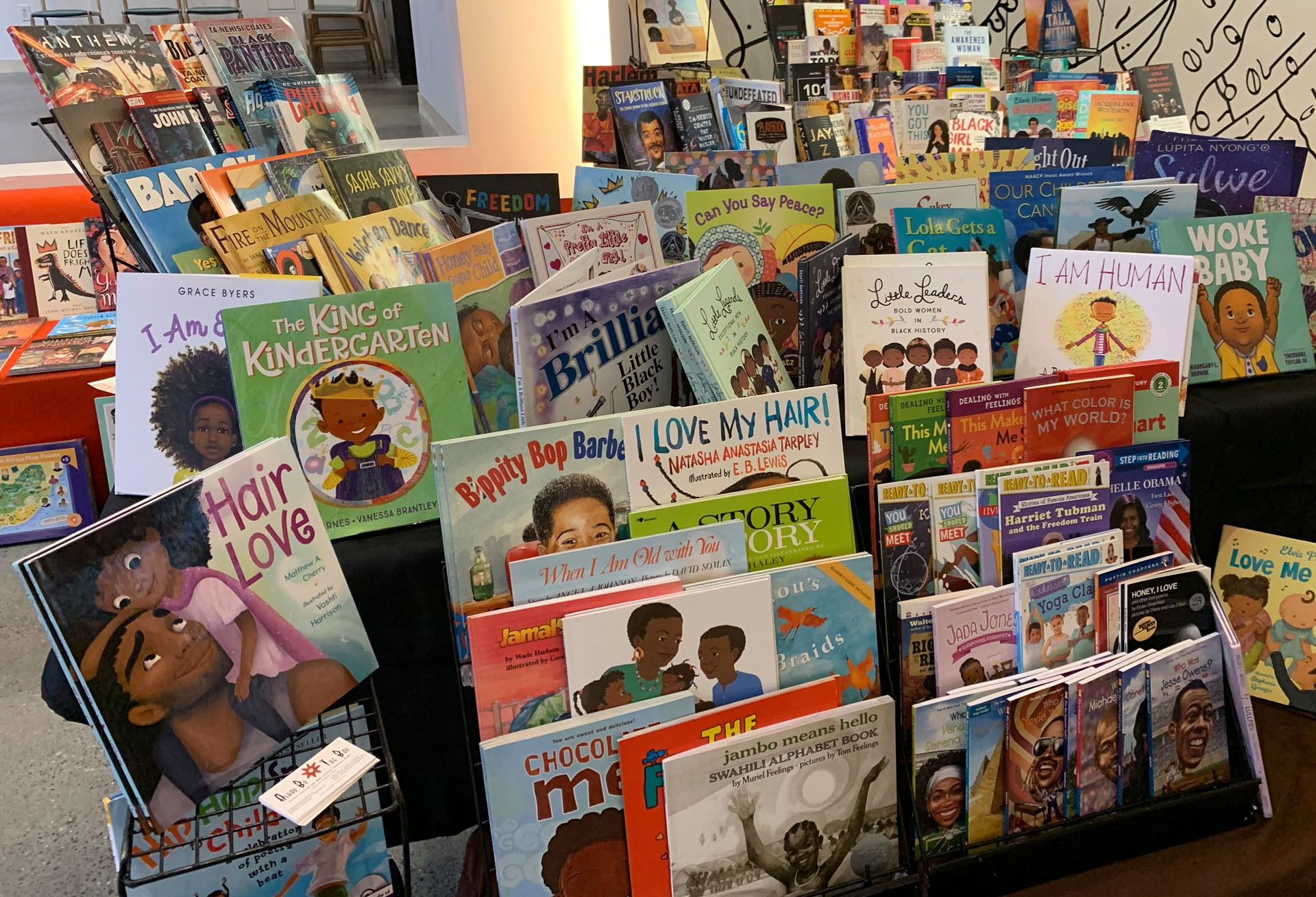Small businesses have been hit hard by the COVID-19 pandemic. Many have recently voiced their concerns about the lack of government support for their livelihoods.
And with the news that retail operations will have to operate at 20% capacity due to the new stay-at-home order in place across parts of the Bay Area — and other businesses forced to temporarily close through Jan. 4 — many independent businesses have expressed grave fears about their future.
If you’re feeling compelled to support small businesses in particular as much as possible with your holiday gift shopping this year, you’re not alone. About 51% of California respondents to a recent Union Bank survey said they’d even spend $20 more on an item to support a small or local business, as opposed to saving $20 by purchasing from a large retailer.
Even if you’ve got the best of intentions with your purchases, or if you regularly support local businesses anyway, there are a few things you might not know that could make a difference to the small retailers in your community — things that might make your dollars even more supportive to them. We asked several local business owners how customers can especially help them out this holiday season.
Gift Cards Are Your Friend
The humble gift card: a friendship-saver when you want to get a person something but have no idea what they’d actually like — or just don’t have time to pick something out.

Bookstores particularly love gift cards, says Pete Mulvihill, the co-owner of Green Apple Books, which has three stores across San Francisco. That’s because they’re a great way of bringing in new customers.
“If that person has never been here, then we just got a new customer, which is super valuable in the long run,” he says. “And if we get them in the first time, they usually come back.”
You might also consider purchasing a gift card from a local restaurant as a way of supporting an industry that’s been hit particularly hard by the pandemic. If you’re concerned about changing COVID-19 restrictions and closures making your gift difficult to redeem, check with the restaurant that their gift cards can also be used to buy takeout.
And bear in mind that if the recipient doesn’t redeem the card after all, the small business still gets the payment you provided when you bought it.
Electronic gift cards, sent to a person’s email and redeemable in the form of website codes, also allow the recipient to choose their gift completely online without having to visit a store in person during the pandemic. (They can also be sent instantly at the very last minute if you ran out of time to choose or deliver an in-person gift … but you didn’t hear that from us, OK?)




